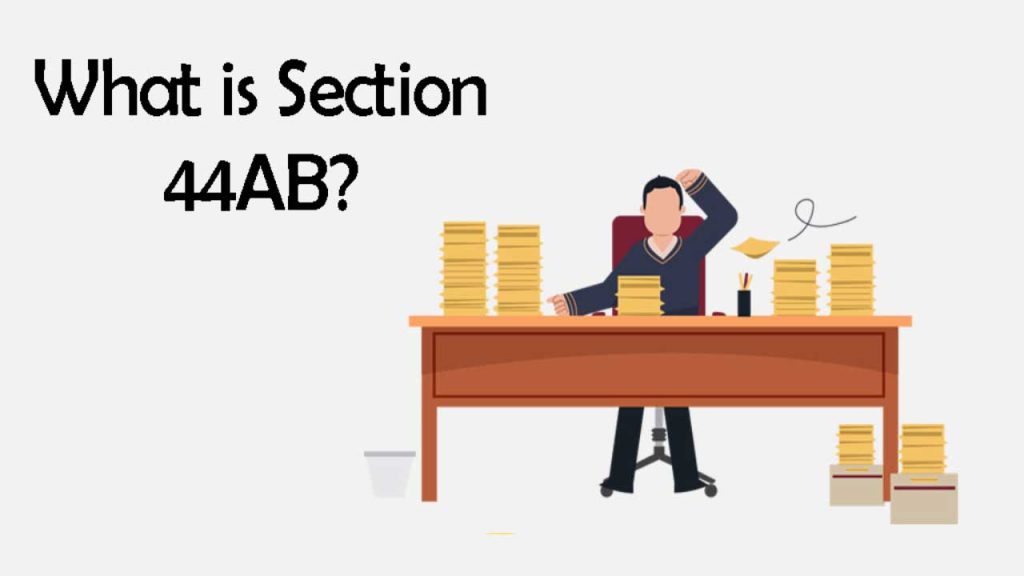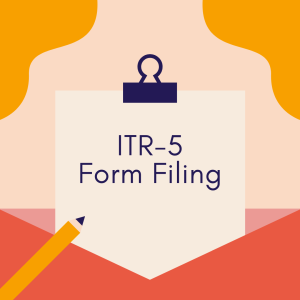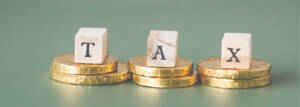The rules for a company or entity’s tax audit are outlined in Section 44AB of the Income-tax Act of 1961. The aim of the tax audit is to verify that the taxpayer has obtained accurate and full details about his wages, deductions, and taxes. This will be carried out by a Chartered Accountant. The entity must keep proper accounting records, which must be audited by a Chartered Accountant. The books of accounts shall be in accordance with the Income Tax Act of 1961.
About Section 44AB

Section 44AB of the Income Tax Act of 1961 contains the rules for a tax audit. This portion represents the laws governing the proper maintenance of books of accounts and other financial documents by the taxpayer. This aids in the taxpayer’s ability to keep complete records of his or her revenue, wages, and deductions. The requirement for a tax audit is to verify the authenticity of the information provided by the taxpayer about his income and taxes. This segment contributes to the prevention of fraudulent activities. The investigation is carried out by the appropriate authority or a chartered accountant in practice. Together with the income tax return, the audit report is sent to the income tax department.
Must Read – What is Section 80TTB?
Tax auditing is the analysis and evaluation of the books of accounts of a company or profession. Tax auditing aids in the study of activities pertaining to the firm’s revenues, costs, deductions, and taxes. It makes the task of filing an income tax return for taxation purposes easier. A chartered accountant conducts a tax audit, which is then submitted to the income tax department in a specified format.
Who should perform a tax audit under section 44AB?
Apart from those who chose for presumptive taxes under sections 44AD, 44ADA, and 44AE of the Income Tax Act of 1961, anyone who receives an income from some business or profession is required to keep books of records and have a tax audit performed.
The taxpayers who want a tax audit are.
- An assessee who ran a company with net revenue of more than Rs. 1 crore in the previous financial year.
- A person in the profession who earned more than Rs. 50 lakh in gross revenue the previous year.
- Any assessee who has elected section 44ADA and 44AD but says his income is less than the earnings estimated under presumptive taxes and his income exceeds the amount payable under the Income Tax Act.
- Any taxpayer who has chosen sections 44AE,44BB,44BBB but declares earnings that is less than the earnings calculated underneath the stated sections of any prior year.
The following individuals are exempt from having their taxes audited.
- Any taxpayer who earns money under section 44B.
- Any taxpayer who earns money under section 44BBA.
- When an assessee’s books of accounts are audited under other rules, he or she is not allowed to have another tax audit performed under section 44AB. A tax declaration, in particular, must be prepared in Form 3CA, Form 3CB, or Form 3CD.



